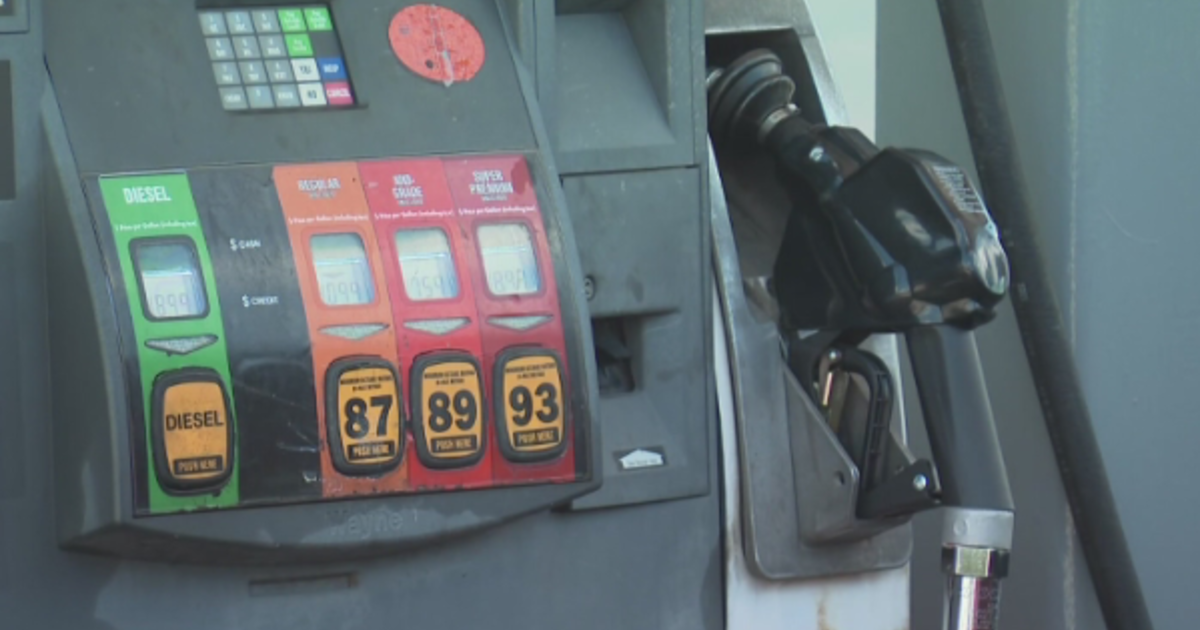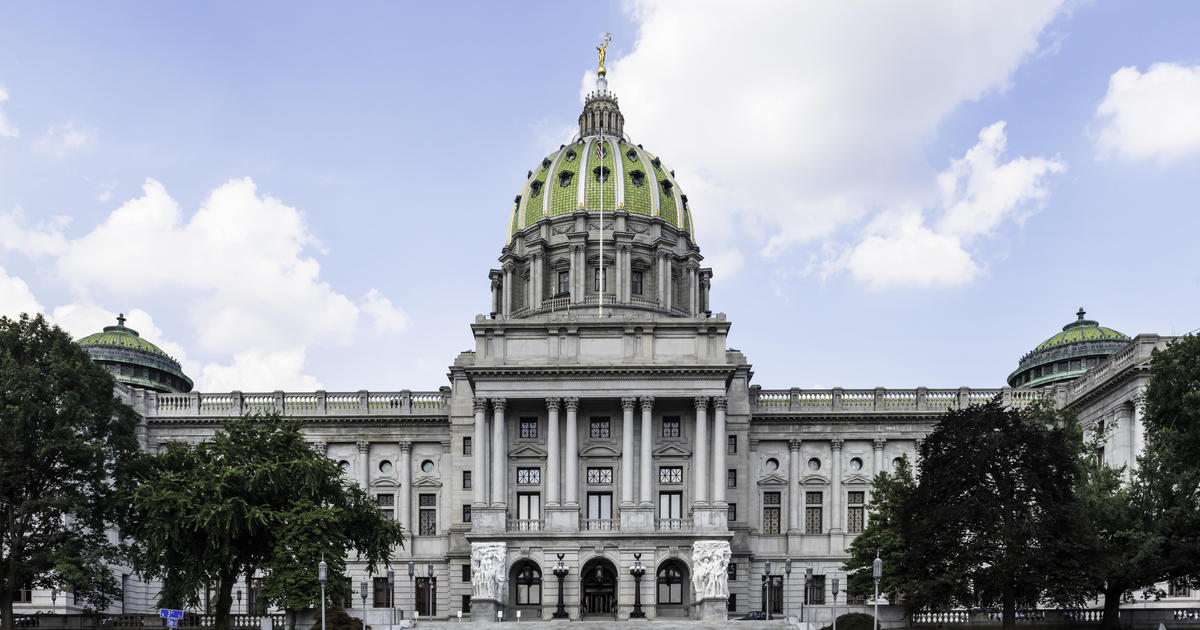The Potential Impact Energy Plan 'RGGI' May Have On Pennsylvanians' Electric Bills Debated
HARRISBURG (KDKA) -- A local business and business group is warning that electricity rates could go up if Governor Wolf goes forward with an energy plan that links Pennsylvania to many other Northeastern states.
It's called the Regional Greenhouse Gas Initiative, or RGGI for short.
Eleven states are part of this consortium to limit reliance on fossil fuels like coal and natural gas for the production of electricity.
Governor Wolf is signing Pennsylvania up to become a member of RGGI and that, says one local group, could lead to higher electric bills.
"Yeah, it's about double in Connecticut. I want to say the kilowatt hour in Pennsylvania is about 9.80 [cents per] kilowatt hour. It's literally double that in Connecticut," Jeff Nobers, executive director of Pittsburgh Works Together, told KDKA Money Editor Jon Delano on Monday.
Nobers says joining RGGI would hurt those who use electricity by raising their electric bills, as fossil fuel-based electricity would be phased out in the state, leaving consumers reliant on solar and wind-energy or out-of-state energy.
"We're an exporter of energy. We sell energy to all these states that are in RGGI. By doing this we will in effect become not a total importer but we're going to have energy needs that we are going to have to have met by other states like Ohio, Michigan, West Virginia," says Nobers.
"Electricity prices are going to go up even if we don't join RGGI," responds Neil Shader, communications director for the PA Department of Environmental Protection.
"The states that have been part of RGGI have seen their electricity rates go up slower that other states across the nation."
Shader says rates won't go up as fast under RGGI, and the wild swings in climate justify the move away from fossil fuel-based electricity.
"We know that climate change is here, and we know that we need to mitigate it. Reducing our dependence on fossil fuels across the board is really critical, and RGGI is one method in order to do that," says Shader.
Nobers says RGGI's tax on carbon will force the closure of the four or five coal-fired electricity plants left in Pennsylvania.
"By closing these down, and this tax will eventually lead to their closure, you're going to eliminate hundreds, if not thousands, of jobs. You're going to eliminate tax bases for these communities. You're going to see utility rates increase, especially electric rates," says Nobers.
Shader says the initiative also provides help to communities who may lose jobs and a tax base as power plants shut down.
"Without RGGI and market forces the way they are, those facilities are probably going to close one way or the other. With RGGI, we have the resources to be able to help them," says Shader.
What bothers some is the Governor is doing this without legislative approval.
"We believe this should go through the legislature. It should be debated in the legislature," says Nobers.
The legislature tried to stop the Governor's action through a bill, but he vetoed that bill.
Two-thirds of the General Assembly could block the regulations need to implement RGGI, but under the current plan Pennsylvania should become part of the Regional Greenhouse Gas Initiative this January.



